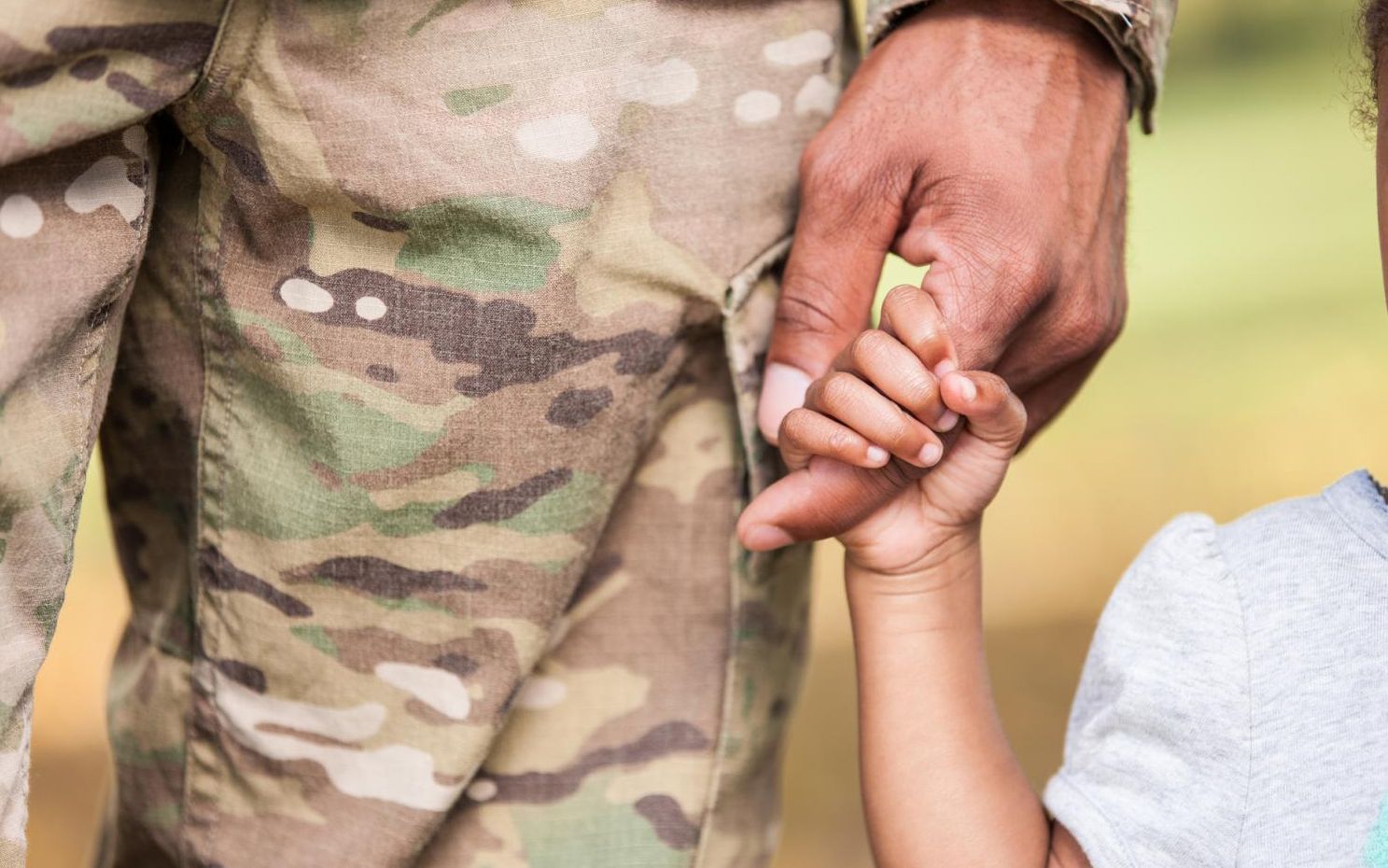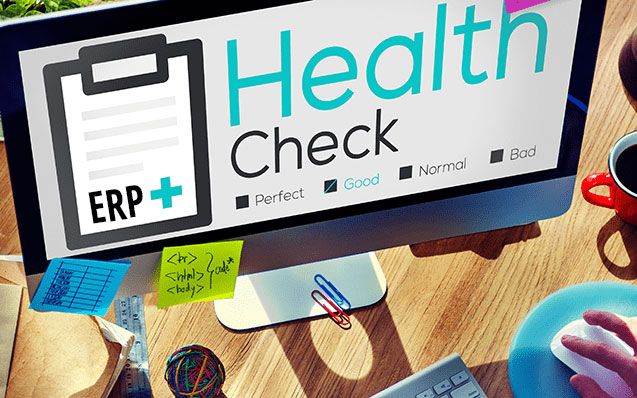Podcast features researchers collecting local COVID-19 data for action

symbiotic-news-rectangle
October 27, 2020
On Oct. 19, The Symbiotic Podcast teamed up with the hosts of Podward State — a Penn State student-produced podcast — to interview researchers working on a profoundly collaborative project designed to measure multiple impacts of the COVID-19 pandemic on residents and students in Centre County, Pennsylvania.
Symbiotic Podcast host Cole Hons was joined by Podward State hosts Matthew Ogden and Matt Paolizzi for a conversation with Meg Small, director of social innovation at the Edna Bennett Pierce Prevention Research Center at Penn State, and Connie Rogers, associate professor of nutritional sciences and associate director of the Huck Institutes of the Life Sciences.
Small and Rogers are both involved with the Centre County COVID-19 Data4Action study, which brings together local government and health care facilities, multiple units across the university, and thousands of volunteers from throughout Centre County to provide locally relevant information about the impact of the pandemic on residents’ health, wellbeing, and daily lives.
“What we want to do is provide the very best science we can to help the campus and the community through this pandemic,” said Small. “Whether that’s actually giving the numbers on what our risk profile and our exposure profile looks like to the virus or it’s helping decision makers, both inside the University but also in the community, target scarce resources.”
“There are a lot of problems that might be flying under the radar right now. Just thinking about the 18-to-24-year-olds, we know from national survey data that anxiety and depression are on the increase, but we don’t know what it looks like on Penn State’s campus. So, we really want local data, the highest quality local data we can, to make really informed choices about how we spend our time and our resources so that we get the very highest level of impact we can to reduce our risk and promote our resilience.”
The study will provide information about residents’ past exposure to SARS CoV-2 (the virus that causes COVID-19), measured by the presence of antibodies in blood, as well as periodic snapshots of how many participants have detectable virus in their saliva.
Initial survey data will be used to describe the characteristics of study participants and how they map onto county-level data. Future survey data will provide information about vaccine intentions, information seeking, family dynamics, children’s education, and stress.
“We’re going to be able to look at these complex relationships in a very unique way that we feel pretty excited about because not a lot of folks have had the wherewithal to put a study like this together, grassroots, and get it launched,” said Rogers. “I think we’re going to have some really informative information for not only Penn State’s community, but the U.S. at large.”
“Collecting COVID-19 Data for Action” is available in audio-only and video form on YouTube, Apple Podcasts, Spotify, or any other podcast app. Audio, video, and transcripts can be accessed at The Symbiotic Podcast website.
Recent News
Podcast features researchers collecting local COVID-19 data for action

symbiotic-news-rectangle
October 27, 2020
On Oct. 19, The Symbiotic Podcast teamed up with the hosts of Podward State — a Penn State student-produced podcast — to interview researchers working on a profoundly collaborative project designed to measure multiple impacts of the COVID-19 pandemic on residents and students in Centre County, Pennsylvania.
Symbiotic Podcast host Cole Hons was joined by Podward State hosts Matthew Ogden and Matt Paolizzi for a conversation with Meg Small, director of social innovation at the Edna Bennett Pierce Prevention Research Center at Penn State, and Connie Rogers, associate professor of nutritional sciences and associate director of the Huck Institutes of the Life Sciences.
Small and Rogers are both involved with the Centre County COVID-19 Data4Action study, which brings together local government and health care facilities, multiple units across the university, and thousands of volunteers from throughout Centre County to provide locally relevant information about the impact of the pandemic on residents’ health, wellbeing, and daily lives.
“What we want to do is provide the very best science we can to help the campus and the community through this pandemic,” said Small. “Whether that’s actually giving the numbers on what our risk profile and our exposure profile looks like to the virus or it’s helping decision makers, both inside the University but also in the community, target scarce resources.”
“There are a lot of problems that might be flying under the radar right now. Just thinking about the 18-to-24-year-olds, we know from national survey data that anxiety and depression are on the increase, but we don’t know what it looks like on Penn State’s campus. So, we really want local data, the highest quality local data we can, to make really informed choices about how we spend our time and our resources so that we get the very highest level of impact we can to reduce our risk and promote our resilience.”
The study will provide information about residents’ past exposure to SARS CoV-2 (the virus that causes COVID-19), measured by the presence of antibodies in blood, as well as periodic snapshots of how many participants have detectable virus in their saliva.
Initial survey data will be used to describe the characteristics of study participants and how they map onto county-level data. Future survey data will provide information about vaccine intentions, information seeking, family dynamics, children’s education, and stress.
“We’re going to be able to look at these complex relationships in a very unique way that we feel pretty excited about because not a lot of folks have had the wherewithal to put a study like this together, grassroots, and get it launched,” said Rogers. “I think we’re going to have some really informative information for not only Penn State’s community, but the U.S. at large.”
“Collecting COVID-19 Data for Action” is available in audio-only and video form on YouTube, Apple Podcasts, Spotify, or any other podcast app. Audio, video, and transcripts can be accessed at The Symbiotic Podcast website.
Related People
Recent News
Related People
Recent News









